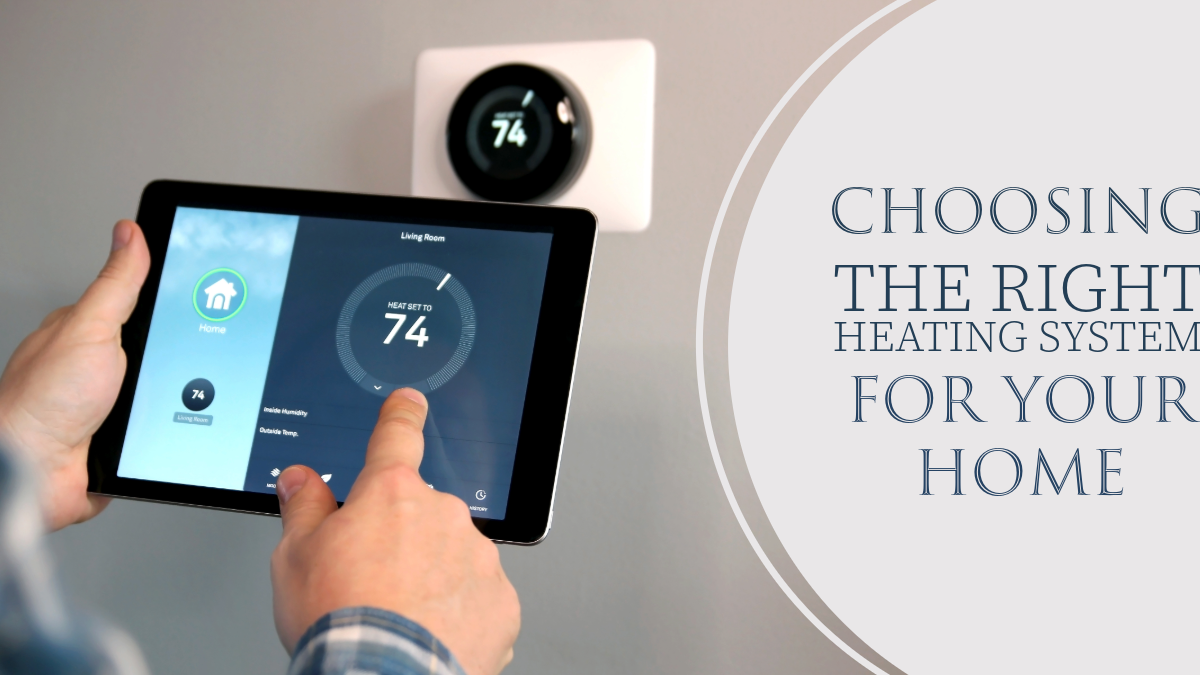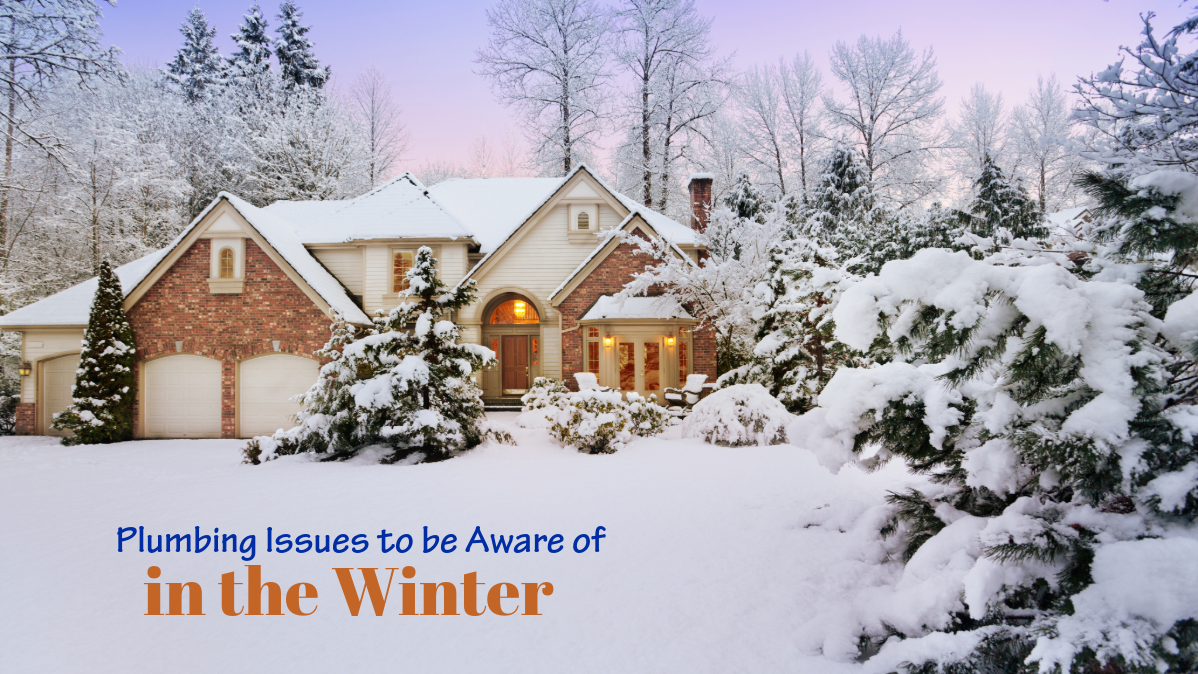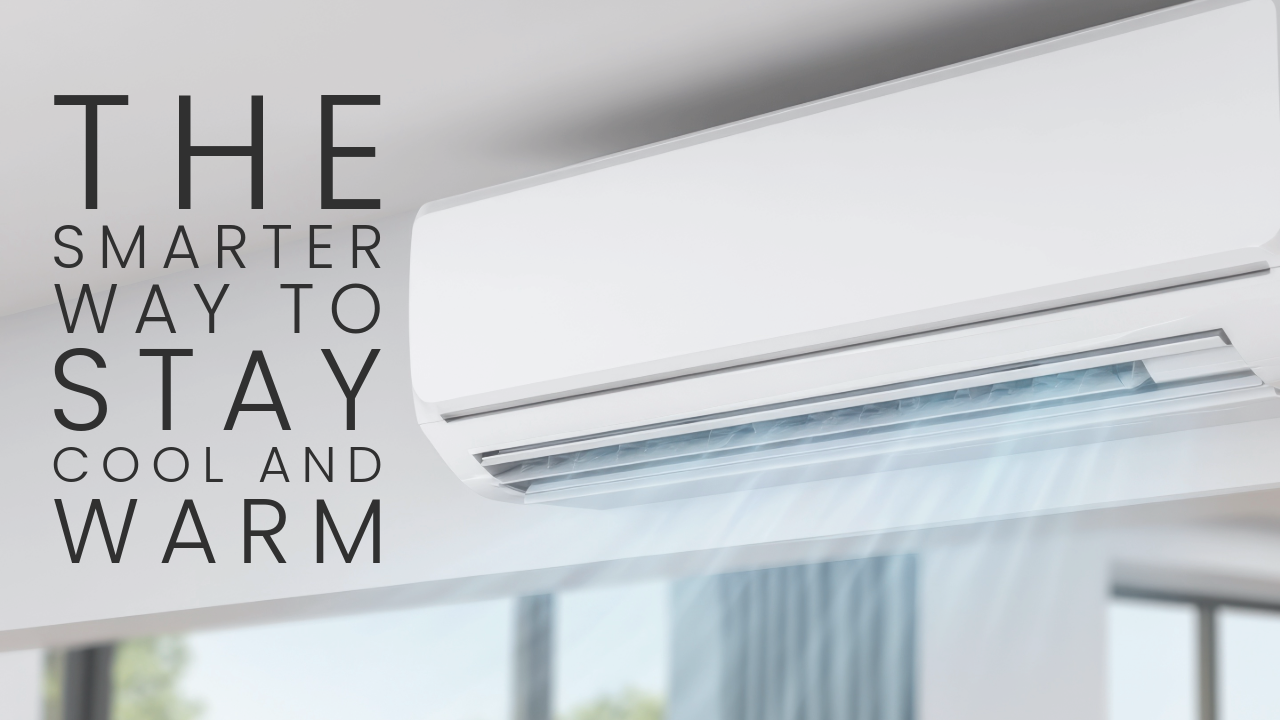Winter in New England shows up early and leaves late. It’s not just cold for a couple of months—it hangs around. By the time April rolls in, most people are tired of scraping windshields and paying high heating bills. Staying warm isn’t about comfort here. It’s about making sure the house can handle months of snow and wind without breaking the bank, and that comes down to your heating system
Forced-Air Furnaces
Most houses you walk into around New England still run on furnaces. Gas models are common, and when they kick on you can feel the air heat up pretty quickly. Oil furnaces are still around too, especially in older houses, though the cost of oil can jump fast in the middle of winter. The nice thing about a furnace is the ducts do double duty—heat in the winter and central air in the summer. The problem? Ducts leak over time, and when that happens, warm air (and money) goes right out.
Boilers and Radiators
Plenty of people grew up hearing the clank of radiators in old three-deckers or capes. Boilers send hot water or steam through pipes and radiators, filling rooms with steady heat. They don’t dry the air or blow dust around, which a lot of folks like. Modern boilers aren’t the fuel hogs they used to be either—newer high-efficiency ones burn less and keep bills a little lighter. The tradeoff is they don’t cool a house. If you want AC, you’ll need something separate.
Cold-Climate Heat Pumps
Heat pumps used to be a joke in this part of the country. Once the temperature dropped, they quit. Not anymore. The new versions are built for cold and keep working even when it’s in the teens outside. In summer, they flip around and work as air conditioning. Some homeowners are switching because they’re tired of paying for oil deliveries every couple of weeks. They cost more to put in at the start, but efficiency makes up for it later. If you don’t want to rely on oil or propane, they’re worth looking at.
Electric Baseboards
Electric baseboards are about as simple as it gets. This type of heating system doesn’t require any ducts or pipes. It’s a matter of having the baseboard or baseboards installed and then turning them on and off. Each room has its own thermostat, so it’s easy to heat one space and leave the rest alone.
But electricity around here isn’t cheap. If you try to run a whole house on baseboards, the bill can get painful during a two-week cold snap. For a small apartment or one room, they make sense. For a full-sized home, not so much.
Radiant Floors
There’s nothing like stepping on warm tiles in February instead of ice-cold wood. Radiant floors heat the room from the ground up using hot water tubes or electric coils under the flooring. They’re quiet and even, without blowing air around. The downside is cost and labor—installing them in an existing house means ripping up floors. That’s why most people add them when building new or doing a big remodel. Once they’re in, though, they’re a favorite.
Things to Think About
Choosing a heating system comes down to a few basics:
-
Fuel supply: Some towns still don’t have natural gas lines, so oil trucks are a common sight.
-
Efficiency: Heat runs for half the year. Small differences in efficiency add up fast.
-
Air quality: Boilers and radiant systems don’t stir up dust, which makes a difference in drafty houses.
-
Cooling: If you want central AC, furnaces or heat pumps give you both in one.
Keep It Running
No heating system takes care of itself. Furnaces need filter changes. Boilers should be checked every year. Heat pumps work better with a tune-up before the cold hits. New England weather is unpredictable—one nor’easter can knock out power and bury cars overnight. Regular maintenance means your system is ready when you really need it.
Last Word
There’s no one right system. Many property swear by their boiler. Others prefer a heat pump. What matters most is finding the best balance of cost, comfort, and reliability. Whatever heating system you pick, get it ready before the snow starts piling up. Winter certainly doesn’t wait. Reach out today.
Contact JV Mechanical Contractors, Inc.
For property owners seeking top-tier HVAC solutions, JV Mechanical Contractors, Inc. is a trusted partner. With years of experience in providing heating and cooling services to commercial clients, we offer a range of comprehensive solutions to meet your unique needs.





